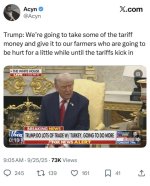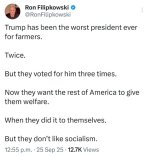JohnEngelman
Virgin
- Joined
- Jan 8, 2022
- Posts
- 5,400
The American Revolution began because of an unjustified tax revolt. The British knew that the American colonists had benefitted the most from their victory in the French and Indian War, so they thought we should help them pay off war debts.


